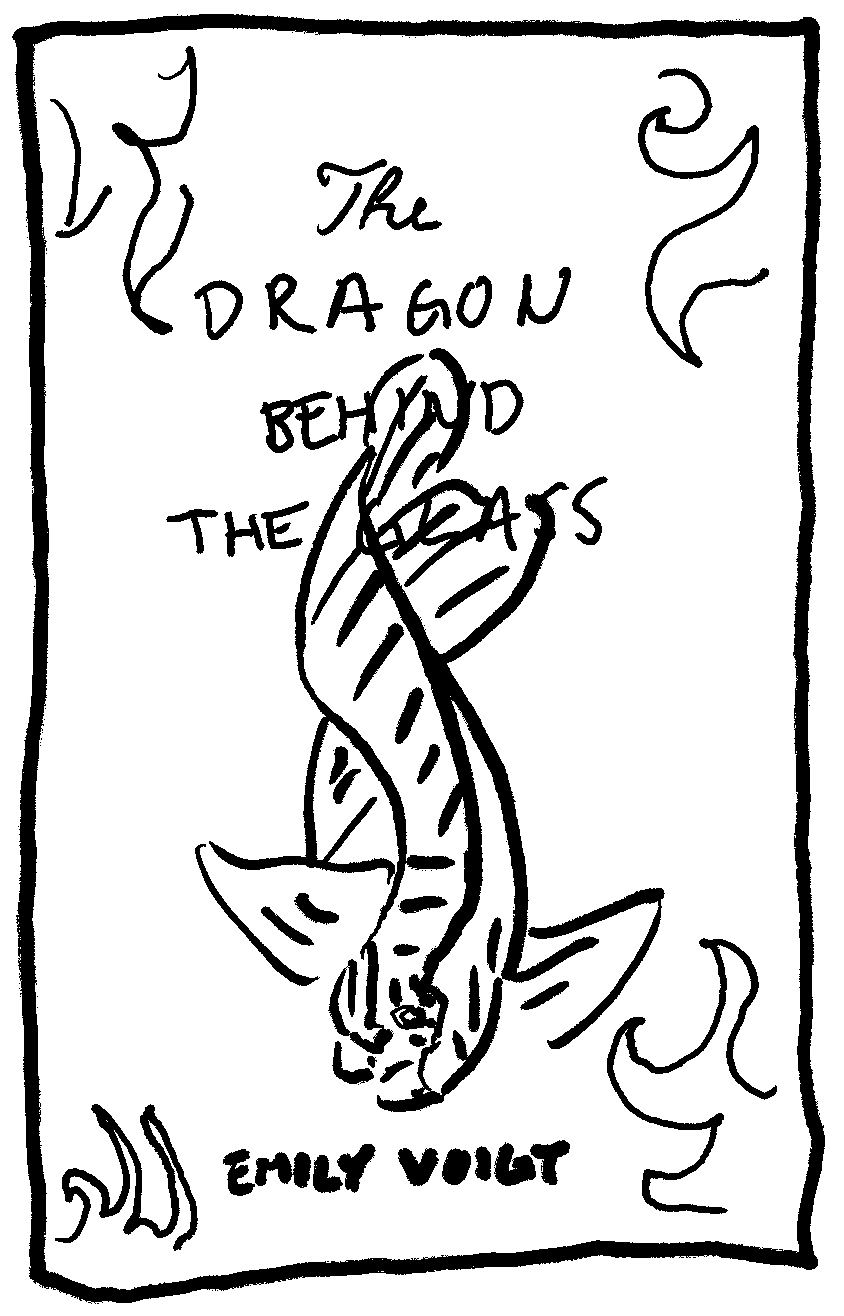The Dragon Behind the Glass
No saving the princess. All you do is walk around, go on errands for your neighbors, and catch fish.
This book promises “A True Story of Power, Obsession, and the World’s Most Coveted Fish.” I’m a sucker for boutique underbelly nonfiction: narratives that unveil the dark secrets of niche sectors, be it beanie babies, academic journal publication, or luxury goods. That said, I didn’t think I would run into an old friend.

There’s a Nintendo video game series called Animal Crossing, where you assume the role of a tiny human that moves into a town populated by sassy animals. No plot. No bad guys. No saving the princess. All you do is walk around, go on errands for your neighbors, and catch fish.
My sister and I were obsessed with catching all forty fish in the game. Some of them could only be caught in specific locations, at specific times of the day, on specific months of the year. This game seeped into the cultural bedrock of our family to the degree that my mom still says she has “pelo de Weppy” (Weppy’s hair) when her hair is looking crazy. Weppy is the name my sister gave to her character in the game.
One of the rarest fish in the game was the arowana. You could only catch it in the summer months between 4:00 PM and 9:00 AM. I think my sister managed to catch a couple. I don’t know if I did.
Turns out the arowana is indeed an extremely rare fish. The author takes us from the United States to Malaysia, London to Ibiza in a quest to find the rarest of them all. This book is a celebration of Curiosity, and Voigt delivers when it comes to fish facts and daring stories. At one point, she ventures into a jungle, where there are reports of poisonous snake attacks and even a case of a human being raped by an orangutan—ummm, whet?
There was some depth to this book that I didn't expect: the author pays close attention to how her privilege as a white American woman enables her journey.
For example, Voigt plans to travel to Myanmar in search of a specific kind of arowana. She knows that a google search of her name will reveal that she is a journalist, which will prevent her from getting a visa. Therefore, she decides to take her husband’s last name to hide her professional past. Apparently, when you change your name, you are still legally obligated to report it unless you can get the government to seal your record. This is a technicality used to protect victims of domestic abuse—it makes it much more difficult for a violent spouse to find the victim after they change their name and try to escape. Instead, the author takes advantage of this loophole to seal her record and increase her chances of getting a visa to Myanmar.
The combination of privilege-through-identity, curiosity, and persistence opens many doors for Voigt. But is it enough to find the arowana?